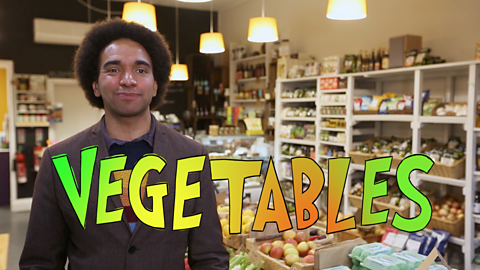Joseph Coelho:
What I love about poetry is that you can perform it anywhere. There are performances spaces all around us.
In the bedroom.
In the playground.
On a balcony!
Even from outer space!
Through poetry I get to play with words and experiment with how I say different things.
Sometimes I perform a poem loudly:
The war drums boom and shake the metal from the land.
Sometimes I perform a poem quietly:
The tiny mouse peeps and creeps as you sleep.
Sometimes I perform a poem quickly:
Fantastic fireworks fizz with a fiery flame.
Or slowly:
I ….was…. at…. the…. end
of… the… race … about… to… cross… the… finish… line.
Or mix it up:
The rain was pattering.
THEN THE THUNDER BOOMED!
The lightening zipped, zapped, snapped!
I…. was…. drenched…. to …. the…… bone.
When I’m performing a poem, I like to think about the tone of the poem. Is it a happy poem or a sad poem? Is it an angry poem or a confused poem? Thinking about emotions in this way can help make the meaning of the poem more easily understood by making the tone clear.
(sadly)The grey clouds wept
a bucket of rain down on me
On the stone, grey streets.
Sometimes a poem is written in the actual voice of a character and, if so, I will think about what that character might sound like….
(troll voice)I am the troll
that lives under the bridge.
I eat all manner of things,
I once ate a fridge.
As well as using your voice you can also use your body when performing poems. You can perform a poem sitting.
My grandad’s chair was a big, leather, dusty thing,
Where coins hid down the cushions.
Or even laying down.
Gazing up at the winter sky,
I saw the snowflake form.
You can also use actions. Your body can help bring a poem to life. Instead of just hearing the words, a body can help an audience see the world that the words create. I often learn a poem off by heart to free up my hands. Using simple actions and gestures to highlight certain words and phrases.
I crept past a tiger.
Ran up a mountain.
Leaped over a canyon
And landed in a swamp!
It’s always lovely to notice the positive in a performance. To focus on what you noticed, what stood out, what made you smile and what you remember.
Sometimes when I perform a poem, I run out of things to say about the poem. I find it helpful to keep a list of words nearby, words like interesting, dynamic, exciting, thrilling, emotional, hard-hitting.
Growing up I used to love putting on a show, but it took me a while to realise that you can put on a show with poetry just about anywhere. Using all your acting skills to entertain friends, or even tell someone that you miss them, can be a whole lot of fun.
Video summary
Joe Coelho looks at how poetry can be performed, bringing the words to life rather than keeping them on the printed page.
He explores what tone and timbre can bring to poems when performing or reciting them.
Being read to, and reading poetry, helps to articulate and encourage interpretation and response.
Joe investigates the importance of the spoken word and the importance of listening: hearing how dialect, for example, can influence the perception of poetry.
Listening to a poet through his or her own voice can help encourage a greater level of response.
Joe discusses how techniques used to enhance the performance of poetry, such as intonation, tone, tempo, and volume, can be employed effectively to develop meaning for the listener.
This episode aims to engender discussions that reflect on the impact of a performance on the listener.
Teacher Notes
Ideas for use in the class
Before watching:
Discuss what poetry is and find out children's previous knowledge and experience of poetry through discussion prompted by key questions: Ask the children what they think poetry is? Do they have any favourite poems? Do they know any poets? Do they like poetry? Why or why not?
Find out what prior knowledge and experience they have of poems being performed: Have they performed any poems themselves before? Or seen anyone else performing poetry? What was it like to watch or perform? How did it make you feel?
After watching:
What have they learnt about performing poetry? What different places and spaces could you perform in? Does it have to be on a stage? For a big audience?
Focus on children using the different performance techniques that Joe explores in the episode in performing a poem of their own. Read a range of poems that could inspire your children from age appropriate collections:
Reading list for Key Stage 1 (ages 5-7):
Poems to Perform by Julia Donaldson; A Great Big Cuddle by Michael Rosen; Zim Zam Zoom by James Carter; The Puffin Book of Fantastic First Poems; Here's a Little Poem by Jane Yolen and Andrew Fusek Peters
Reading list for Key Stage 2 (ages 7-9):
Werewolf Club Rules by Joseph Coelho; Jelly Boots, Smelly Boots by Michael Rosen; Poetry Pie by Roger McGough; Moon Juice by Kate Wakeling; Things You Find in a Poet's Beard by A.F. Harrold; Dancing in the Rain by John Lyons; The Rainmaker Danced by John Agard
Reading list for Key Stage 2 (ages 9-11):
Overheard in a Tower Block by Joseph Coelho; The Big Book of Bad Things by Michael Rosen; The Language of Cat by Rachel Rooney; You Tell Me! by Roger McGough and Michael Rosen; Goldilocks on CCTV by John Agard; Cosmic Disco by Grace Nichols; Hot Like Fire by Valerie Bloom
Next steps
Allow children to work in groups to decide how to perform a poem of their choice, which they liked when read aloud. When they heard the poem, how did it make them feel? How could they explore this in their performance? How will they use the volume, tone and pace of their voices to convey the emotions? If they work in a group will they all perform at once? Take turns to do different parts? A mixture of both?
How will they use facial expressions, body language and actions to add even more to the performance? Is there a certain place where this poem could be performed? e.g. an outdoor themed poem should be performed in an outdoor space. A poem about bedtime could be done lying down inside.
Allow time for the children to re-read, work on techniques, rehearse and re-work before performing to a chosen audience - each other, another adult, a group of parents and seeing their reactions. Reflect on how it felt to perform a poem.
This short film will be relevant for teaching English at primary school.
How to express yourself with poetry. video
Joseph Coelho explores the way we can express our feelings using poetry.
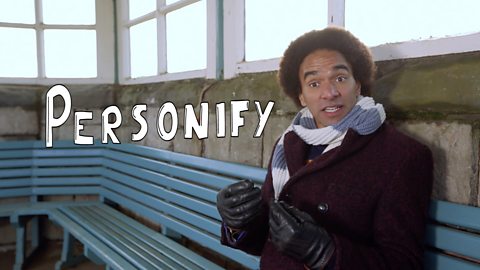
How to have fun writing poetry. video
Joseph Coelho explores onomatopoeia, phonics and all the ways you can have fun writing a poem.
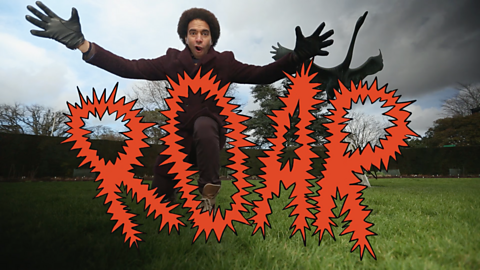
How to write poetry about your life. video
Joe Coelho explains how to write poetry about experience.

Playing with words. video
Joseph Coelho explores how poetic devices can enable children to develop their literacy skill.
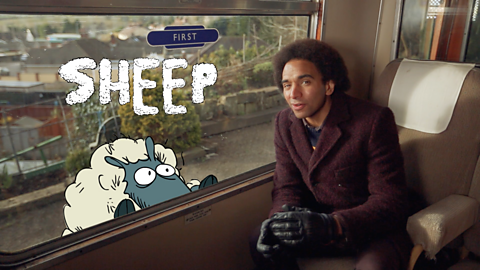
How to understand a poem. video
Joseph Coelho looks at how poems make you feel and what they mean to you.
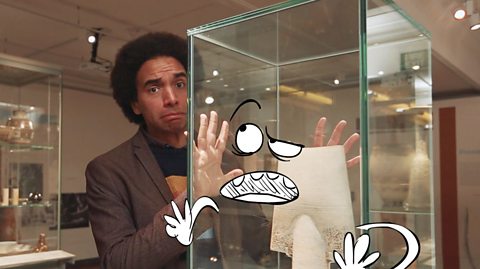
Does poetry need to rhyme? video
Joseph Coelho shows that poetry doesn’t have to rhyme, but when it does, it can be inventive and witty.
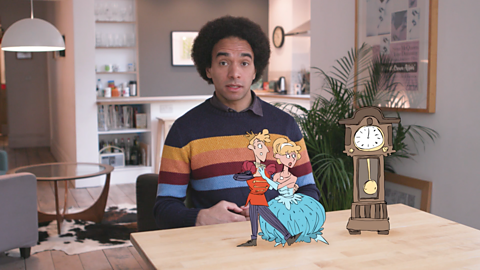
Poetry formats. video
Joseph Coelho explores haiku, limericks, sonnets and varying forms of poetry.
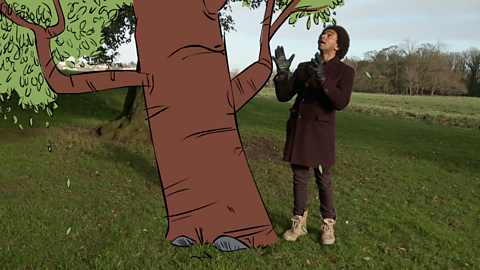
Making pictures with words. video
Joseph Coelho shows us how to utilise figurative and descriptive language to the best effect.
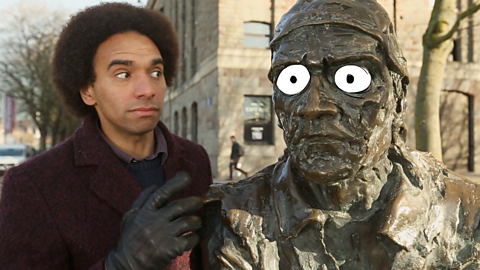
How are music and poetry connected? video
Joseph Coelho demonstrates how many of the elements that make up poems are often mirrored in music.
